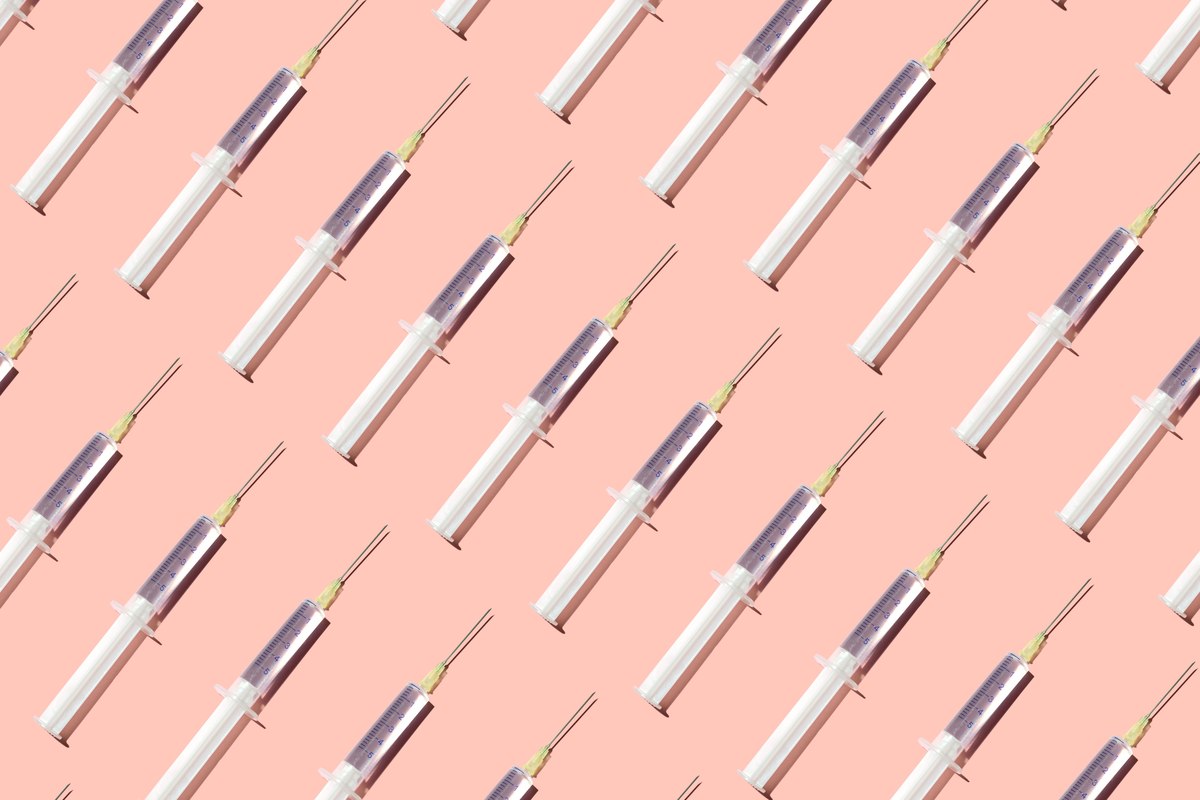The coronavirus has had a personal impact on many Americans: 15 percent in the latest Economist/YouGov Poll have lost a family member or a close friend to COVID-19; twice that number know someone who has tested positive — or they have tested positive themselves.
The virus has hit minority communities particularly hard. This week, one in four Black Americans and Hispanic Americans know someone who has died from the coronavirus. There is also a political link. Democrats are more likely than Republicans to have had a personal connection with someone who has died.
Hispanic Americans express much more concern about contracting the coronavirus personally than other groups: three in four Hispanics worry about contracting the virus, compared with 63 percent of whites and 64 percent of blacks.
Nearly half the country, 46 percent, say that the worst of the pandemic is yet to come. But while most Americans believe the country can’t fully reopen without a vaccine (just 22% say it would be safe to do that, and 60% disagree), not everyone is on board with getting vaccinated themselves.
Concerns about vaccination are widespread, especially when people are reminded that the search for a vaccine has been fast-tracked. Nearly three in four are at least somewhat concerned about any vaccine’s safety. That’s different from how the public views other vaccines. More than eight in 10 regard childhood vaccines as safe and, by more than three to one, believe parents should be required to have their children vaccinated against childhood diseases.
But being vaccinated themselves is a different matter. Two in five (40%) would be vaccinated when the vaccine is ready, but 27 percent would not — and even more say they aren’t sure what they would do.
Demographically, Black and Hispanic Americans, who have known more people who have died from the virus than whites do, are currently less likely than whites to say they will be vaccinated. Senior citizens, many of whom are most at risk from the complications of COVID-19, are more willing than other age groups to be vaccinated against the coronavirus. The most well-off and the most educated are also most likely to get a vaccination. More than half of all who know someone who has died from COVID-19 say they will be vaccinated. But even in this group, nearly a third aren’t sure what they would do.
Partisanship continues to make a difference, as it does on so many questions about the coronavirus (and other issues). Republicans are 30 points more likely to trust medical information from the President than they are to trust medical advice from Dr. Anthony Fauci, the Director of the Center for Allergies and Infectious Diseases, and 23 points more likely to trust the President than the advice of the Centers for Disease Control. Democrats are as likely to trust advice from their party’s nominee, Joe Biden, as they are to trust the CDC and Dr. Fauci.
COVID-19: Personal Effects
Democrats are more worried than Republicans about contracting the virus and are 22 points more likely to say they will be vaccinated. There is an even greater disparity between those who are now voting for former Vice President Joe Biden, the presumptive Democratic nominee, and those voting for the President. Three in five Biden supporters (60%) will be vaccinated, just 31 percent of Trump supporters will.
See the toplines and crosstabs from this week’s Economist/YouGov Poll
Methodology: The Economist survey was conducted by YouGov using a nationally representative sample of 1,500 U.S. adult citizens interviewed online between August 2 - 4, 2020. This sample was weighted according to gender, age, race, and education based on the American Community Survey, conducted by the US Bureau of the Census, as well as 2016 Presidential vote, registration status, geographic region, and news interest. Respondents were selected from YouGov’s opt-in panel to be representative of all US citizens. The margin of error is approximately 3.3% for the overall sample.
Image: Getty







